Cleaning your glasses may seem like an easy task, but it is often done incorrectly, risking permanent damage to the lenses or the frames. So if you want your glasses to last a long time, then we have a few tips how to clean and store them. Read our guide below, and find out how to properly take care of your glasses.
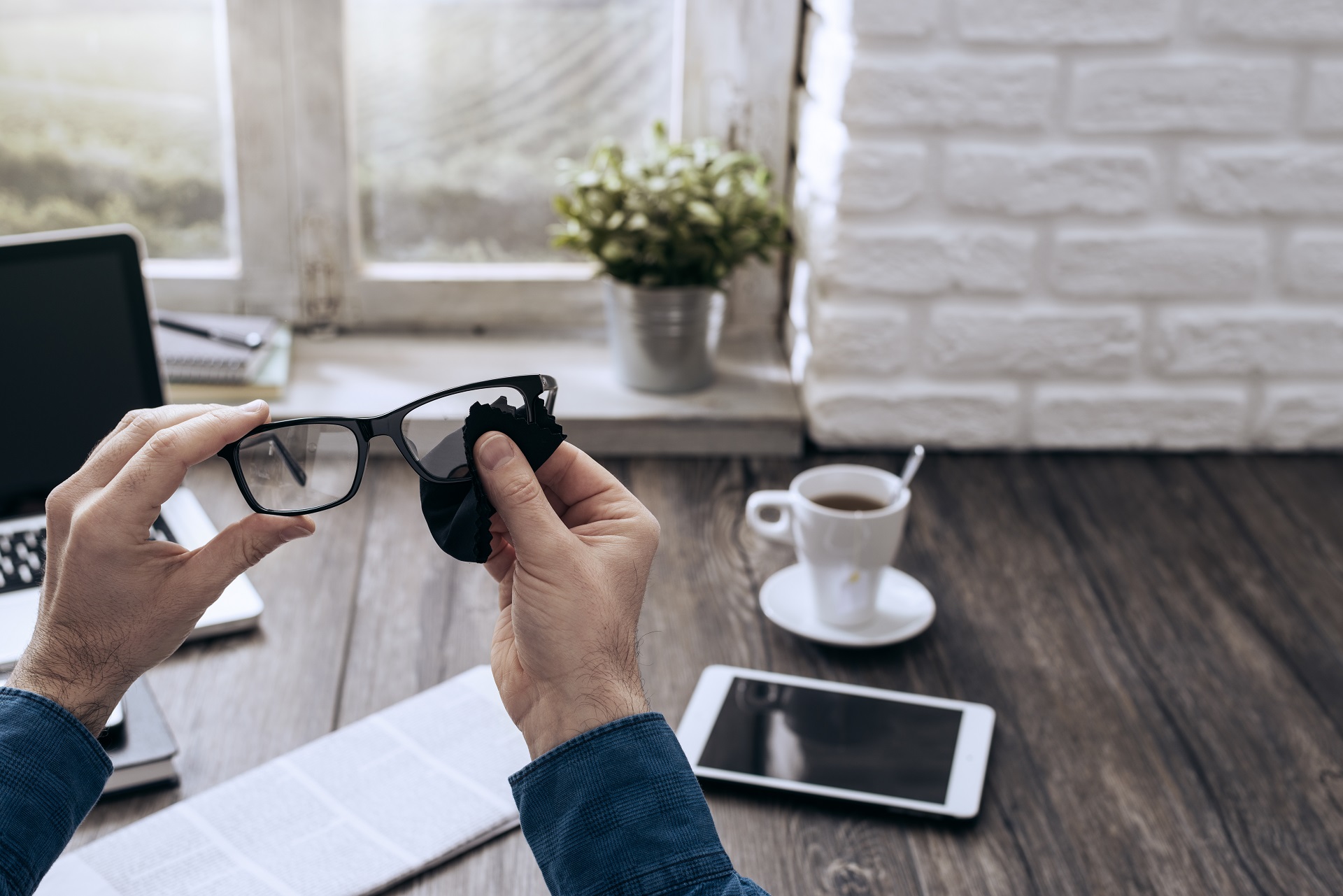
Cleaning your glasses may seem like an easy task, but it is often done incorrectly, risking permanent damage to the lenses or the frames. So if you want your glasses to last a long time, then we have a few tips how to clean and store them. Read our guide below, and find out how to properly take care of your glasses.
What is the best way to clean glasses?
Using your glasses will always get them at least slightly dirty. Even if we try our best to keep them immaculately clean, it is impossible to avoid any form of smudges or stains. Wearing dirty glasses not only make a bad impression, but also significantly impairs your vision. So how should you clean your glasses to make sure they stay in good condition and improve your eyesight? Read our guide and find out.
Let’s start with the fact that to clean your glasses you shouldn’t use whatever you find lying around. People often come up with various ideas, such as wiping their glasses with toilet paper, paper towels, moist facial tissues, or bits of their own clothing. Although they may seem harmless, wiping your glasses this way could impair your vision causing smudges or streaks, and in the worst case even scratch the lenses.
To remove dirt, stick to proven methods – liquid glasses cleaner, a dry microfiber cloth (ideally the one that came with the glasses), or special wipes for cleaning glasses. However, it’s better to buy them at optician’s, not supermarkets. Using washing up liquid and lukewarm water will also do the job pretty well.
Of course, there is always the option of ultrasonic cleaning by a specialist optician.
Cleaning the lenses
Before cleaning the lenses, wash your hands thoroughly with soap. Make sure that no particles of dust or other remains are on the lenses. Dry wiping in such cases could lead to scratches, causing irreversible damage to the lenses. Start off by moistening the lenses with glasses cleaning fluid, available at all good opticians.
You could also rinse the glasses under lukewarm, running water while holding the glasses by the temples. Then, using washing up liquid, gently wash both lenses, for about 20 seconds each. This will get rid of any stubborn dirt particles, so that you can proceed to the next steps.
So, regardless of whether you used glasses cleaning fluid or a stream of running water, it’s now time for using the microfiber cloth. Holding it with your middle and index fingers on the outside of the glass, and your thumb on the inside, gently wipe your glasses. This method applies to all types of lenses, both plastic and glass.
Tap water may contain limescale, so be careful, as this too could cause scratching. If you are unsure about the water quality, it’s safer to stick to the first option – using a dedicated cleaning fluid. Once again, remember not to wipe the lenses with wet wipes, paper towels, bathroom towels or toilet paper. This will almost guarantee that you damage your glasses or at best significantly reduce the quality of your vision.
It’s also worth remembering, that you should clean the lenses as often as possible, especially if you wear your glasses all day.
Cleaning glasses frames
You now know how to clean the lenses, but to fully take care of your glasses, you also need to clean the frames. The cleaning method depends on the material they are made of, and whether they have hand-painted temples. You should choose a suitable cleaner, so that the frame does not lose its colour or get deformed. Use a different cleaner for plastic frames, and a different one for wooden or metal frames.
Damage to the frames can also be caused by incorrectly putting on and taking off your glasses. In both cases, you should use both hands, holding the temples in the middle. Using one hand you could end up bending the frame, and if damaged in this way, your glasses could end up affecting your vision even more, instead of improving it.
To remove dirt from the frames, you could also use cotton swabs soaked in alcohol. This is good for cleaning the gaps between the frames and the lens, where most of the dirt accumulates. When wiping these gaps, remember to change the swab when it gets dirty. This will let you thoroughly get rid of the dirt.
When cleaning the frames, pay special attention to the nose pads and other parts where the frames come into contact with your skin. Frequent use of your glasses lease to accumulation of grease at these points, and therefore bacteria, which could lead to inflammation or other dermatological problems.
If your glasses become damaged in any way, whether caused by improper use or from cleaning, consult your optician immediately. Under no circumstances should you try to repair them yourself. And if the nose pads become loose, tighten them properly. You should visit an optician to replace your nose pads from time to time.
How to clean progressive lenses
Progressive lenses are experiencing growing interest from customers. This is due to the fact that they provide more freedom and better comfort, helping you see clearly at all distances without having to change glasses, meaning you can use then both for reading and in general. The lenses of this type of glasses are designed in such a way that the upper part is helpful for distance vision clarity, the middle part provides intermediate focus, and the lower part helps when looking at objects nearby. What’s important, there is no visible difference between each part.
Cleaning progressive glasses is the same as with any other glasses, except that you shouldn’t wipe them with cleaning cloths. These contain alcohol that could damage the lenses. So it’s better to use a microfiber cloth, as well as water with mild washing up liquid.
How to clean sunglasses
In the case of sunglasses, you can also use the methods mentioned earlier. As long as you remember to avoid anything that could leave scratches on the surface of the lenses, then you should be ok. Glasses cleaning fluid bought at an optician’s, or sunglasses cleaning spray, as well as a delicate cloth, should do the job well enough.
How to clean glasses without leaving smudges?
Using water and washing-up liquid, as well as glasses cleaning liquid, will let you avoid smudges, effectively get rid of grease and dirt, which would smear on the lenses if wiped dry. You should definitely not clean your glasses with saliva, as it also contains greasy particles.
Cleaning your glasses with an ultrasonic cleaner
A proven alternative to home methods is cleaning glasses at an optician’s. Many opticians offer professional cleaning with ultrasonic cleaners. Using cavitation bubbles induced by high frequency pressure waves to agitate a liquid, ultrasonic cleaning effectively removes even the most stubborn dirt, also from cracks and holes that are difficult to reach.
This method is recommended for heavy deposits, such as remains of sea salt. Professional cleaning at an optician’s will also remove fine grains of sand or other deposits between the lenses and frames.
How to clean your glasses properly – summary
Cleaning your glasses is extremely important. It will not only make them last longer and look better, but also let you avoid unnecessary health problems. Poorly cleaned lenses, covered with smudges, affect the quality of your vision, and may even make your eyesight worse. The same problem can occur if you don’t know what to use to clean your glasses.
This could end up in permanent damage to the lenses, due to scratches or damage to the frames. In both cases this can affect your eyesight. In addition, poorly cleaned glasses can lead to skin problems from the bacteria lingering on their surface.
So you should not only know the basic methods for cleaning your glasses, and also turn them into a habit. In the case of more stubborn dirt, it is better to use the services of an optician’s, including professional ultrasonic cleaning.
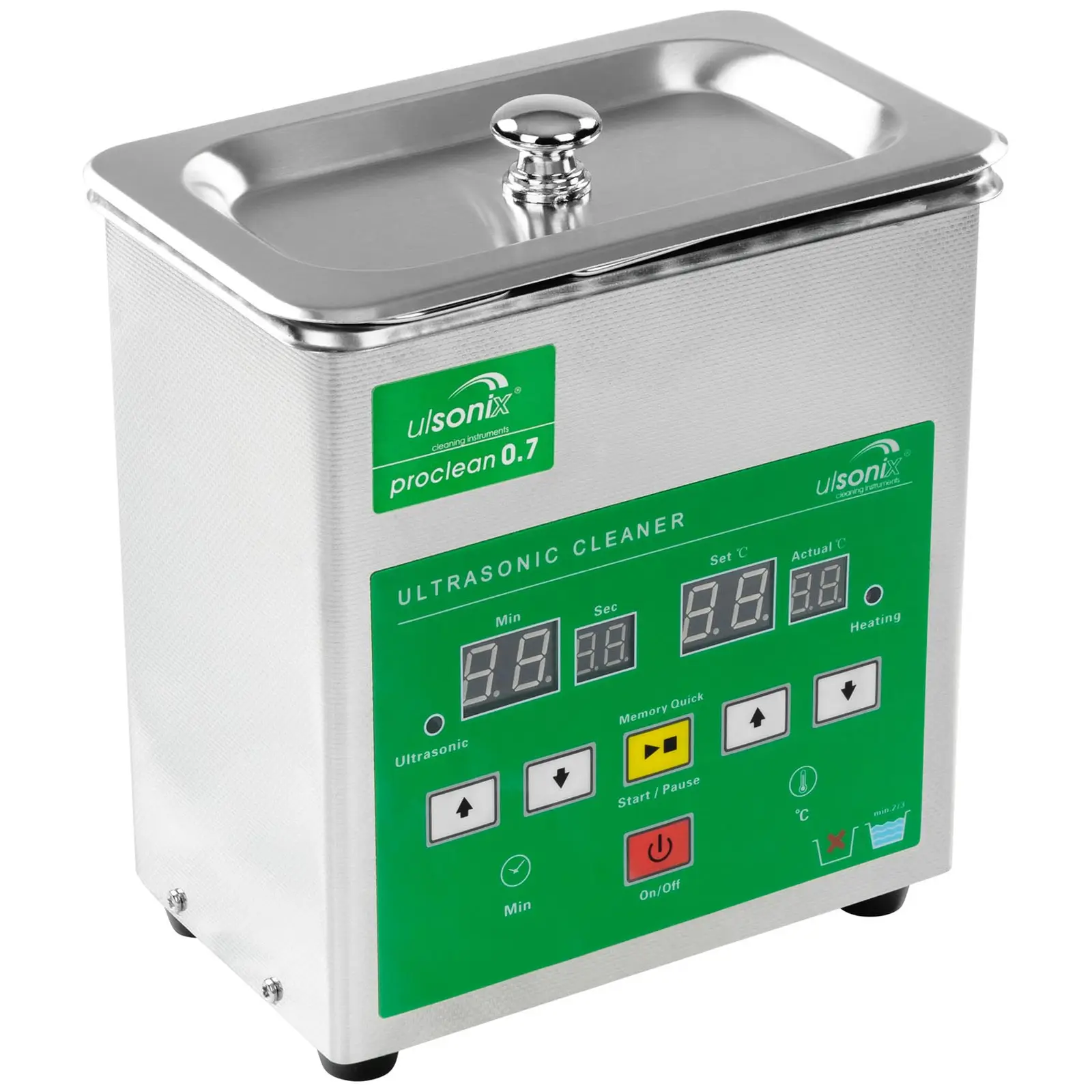
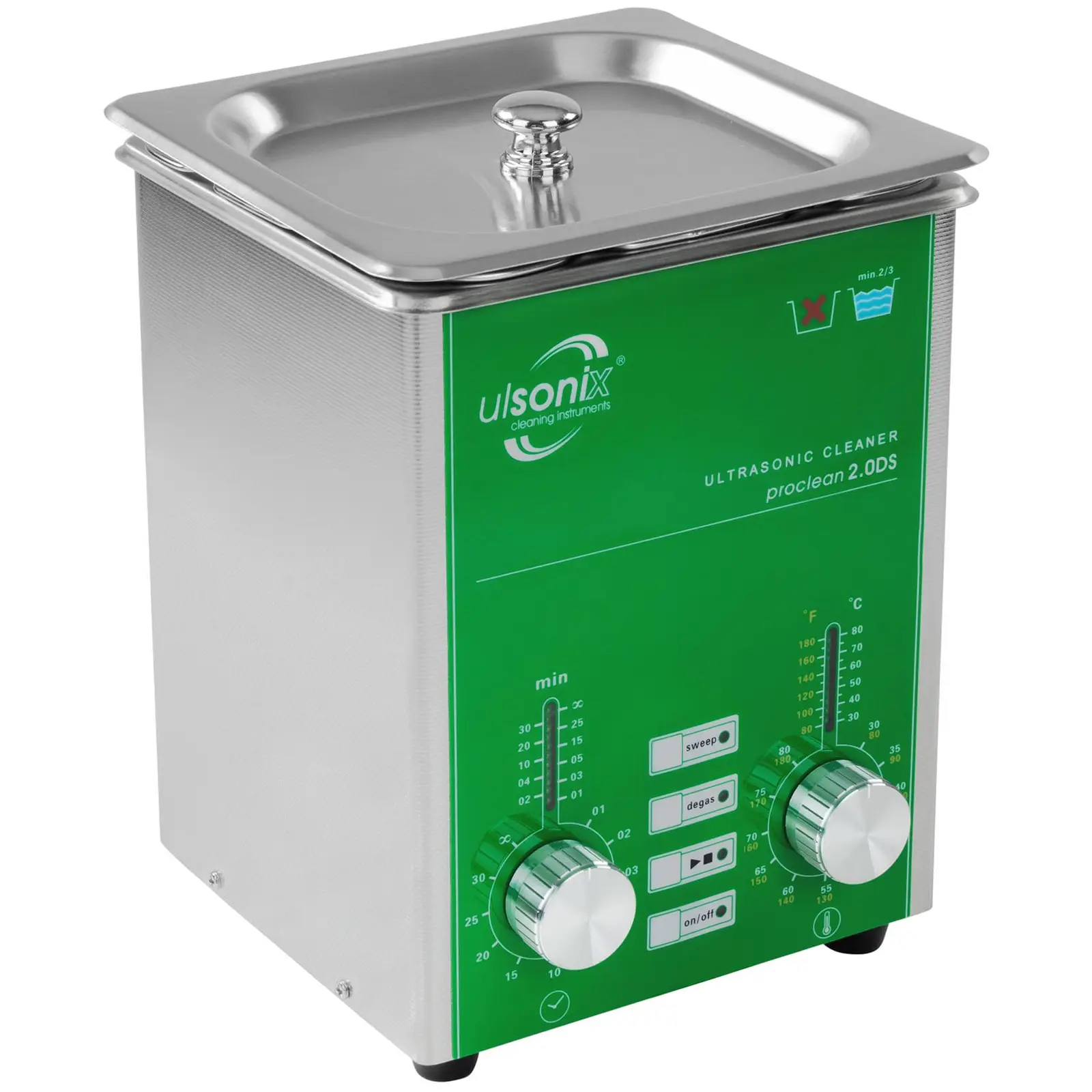
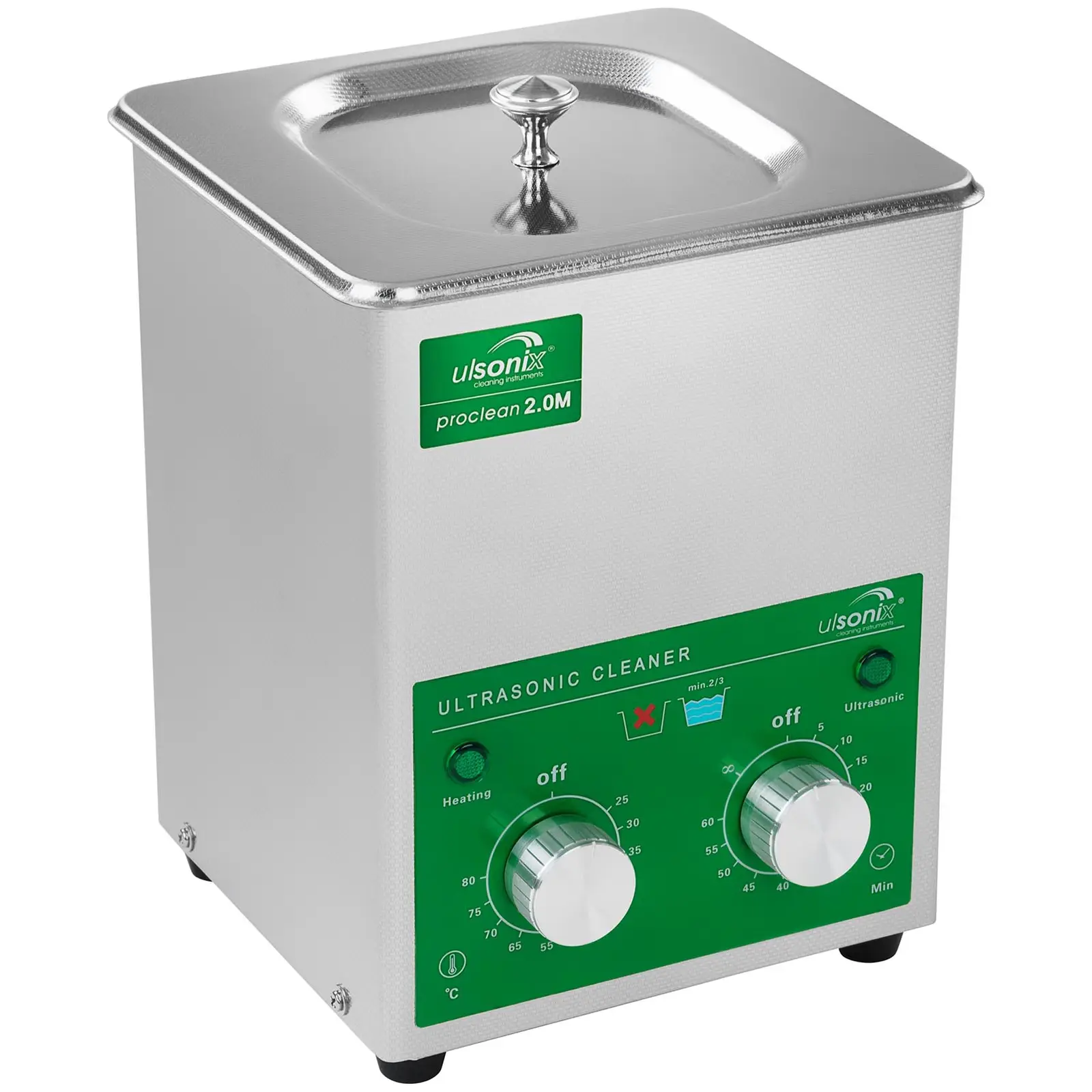
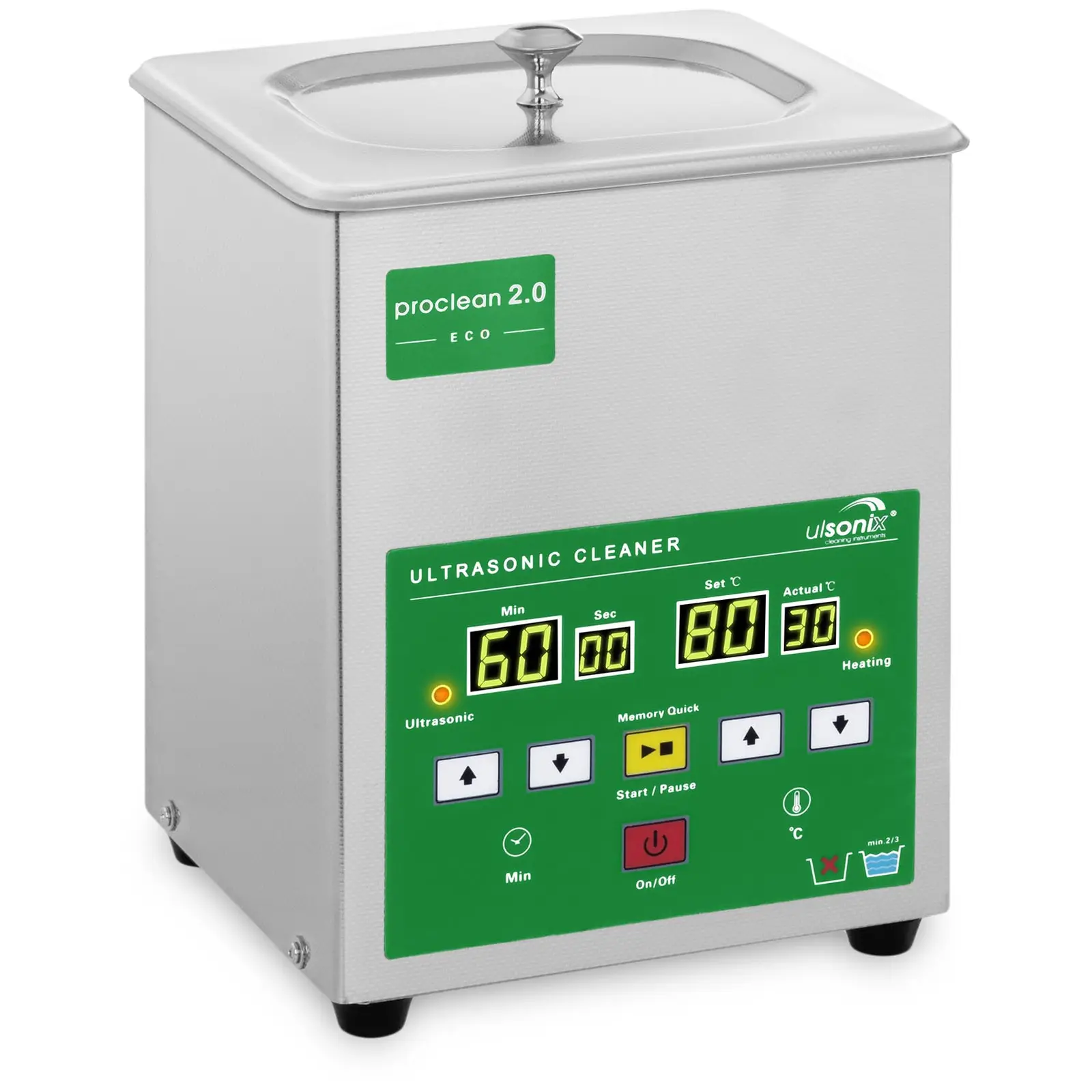
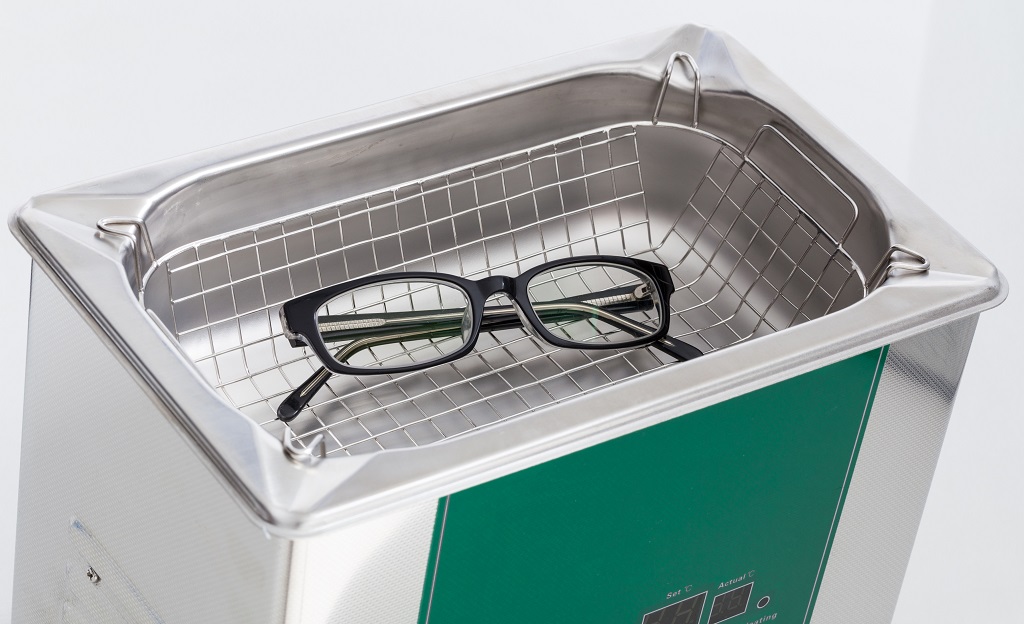
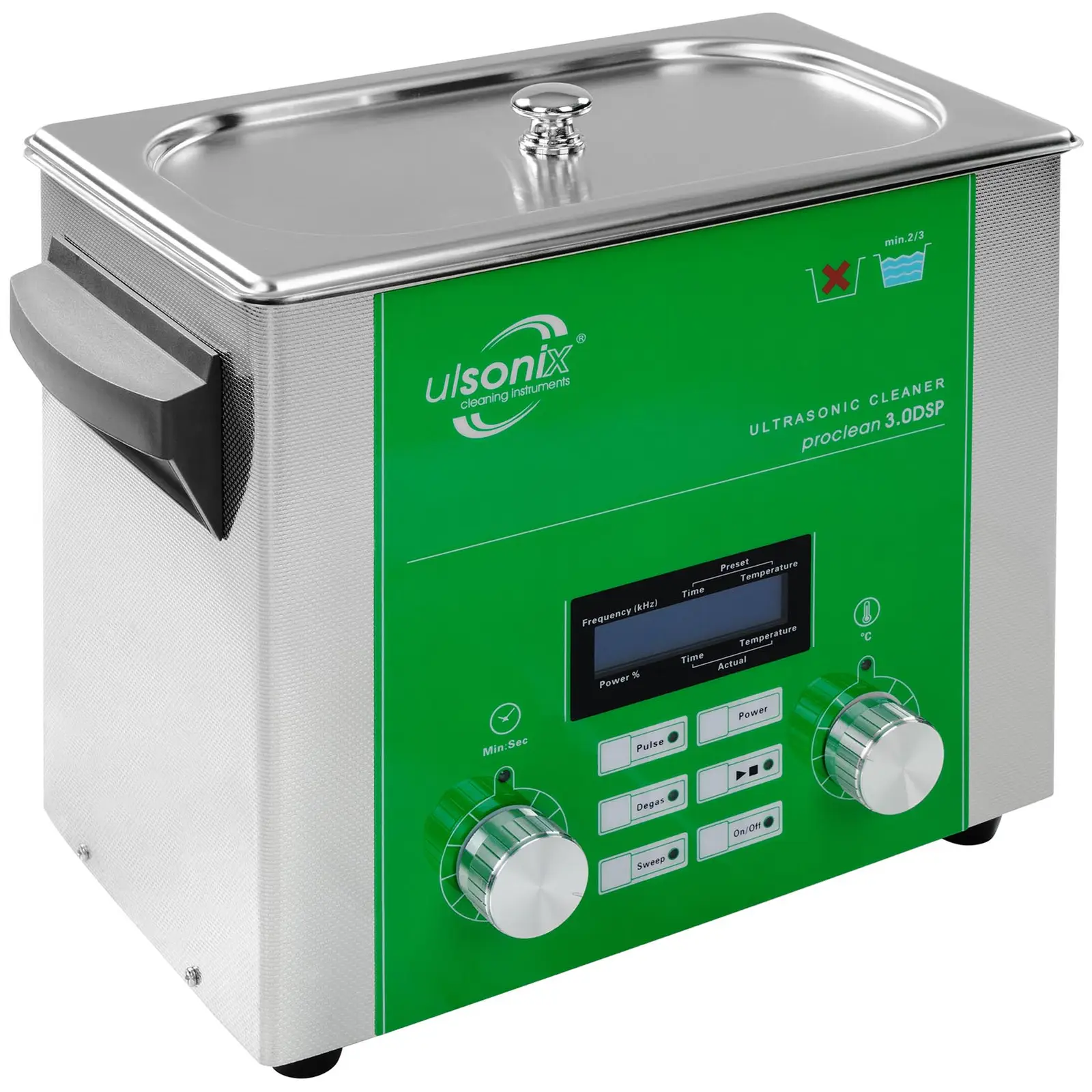
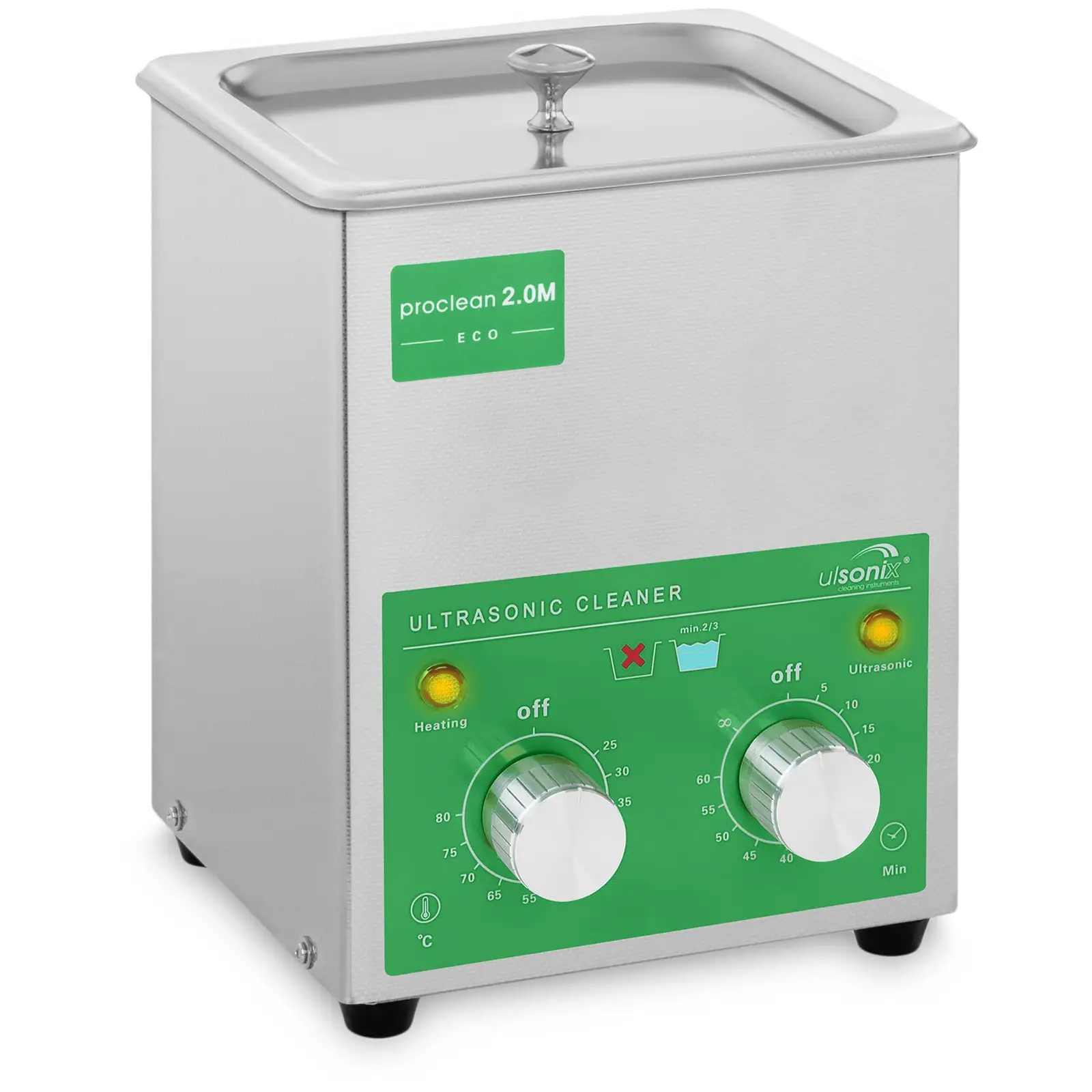
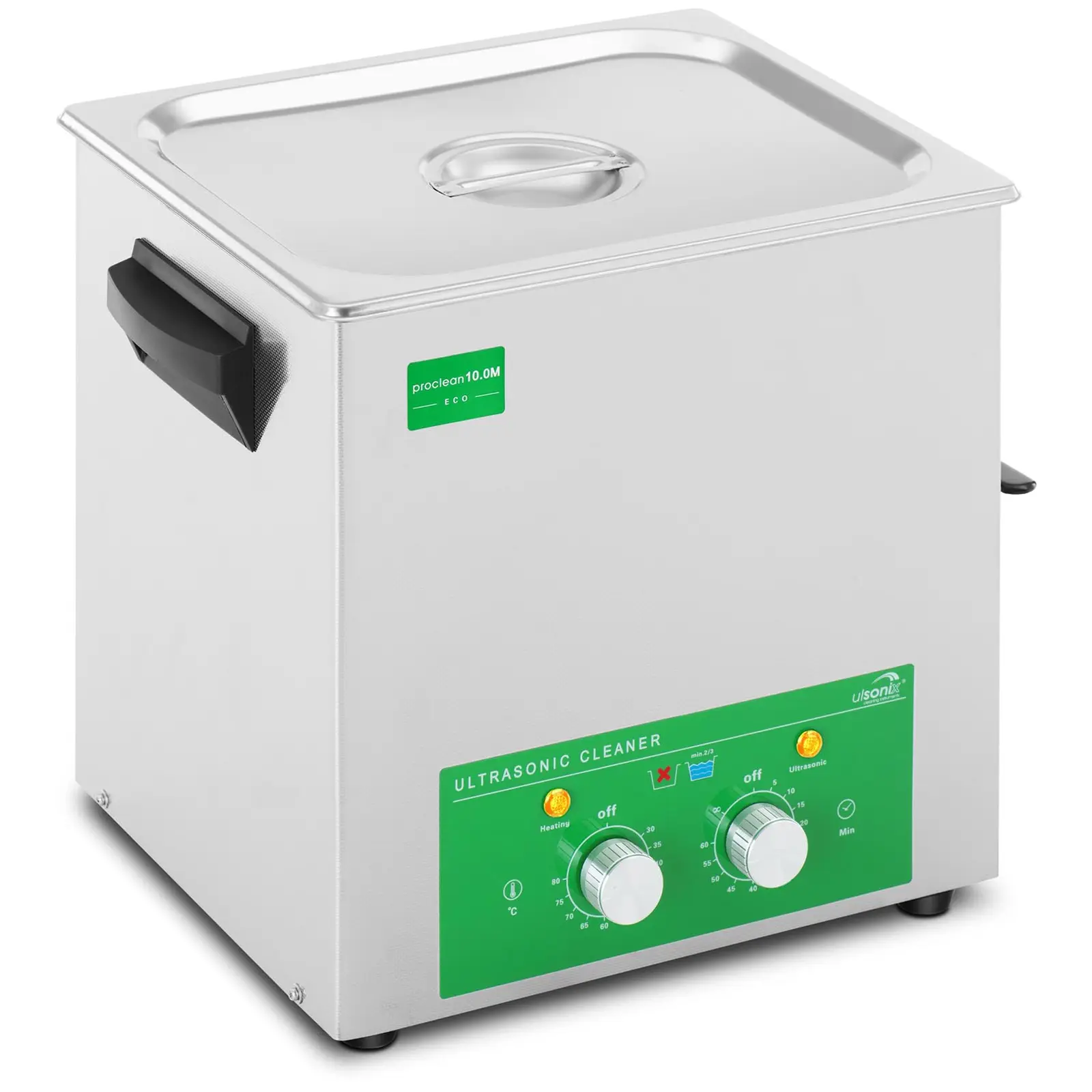
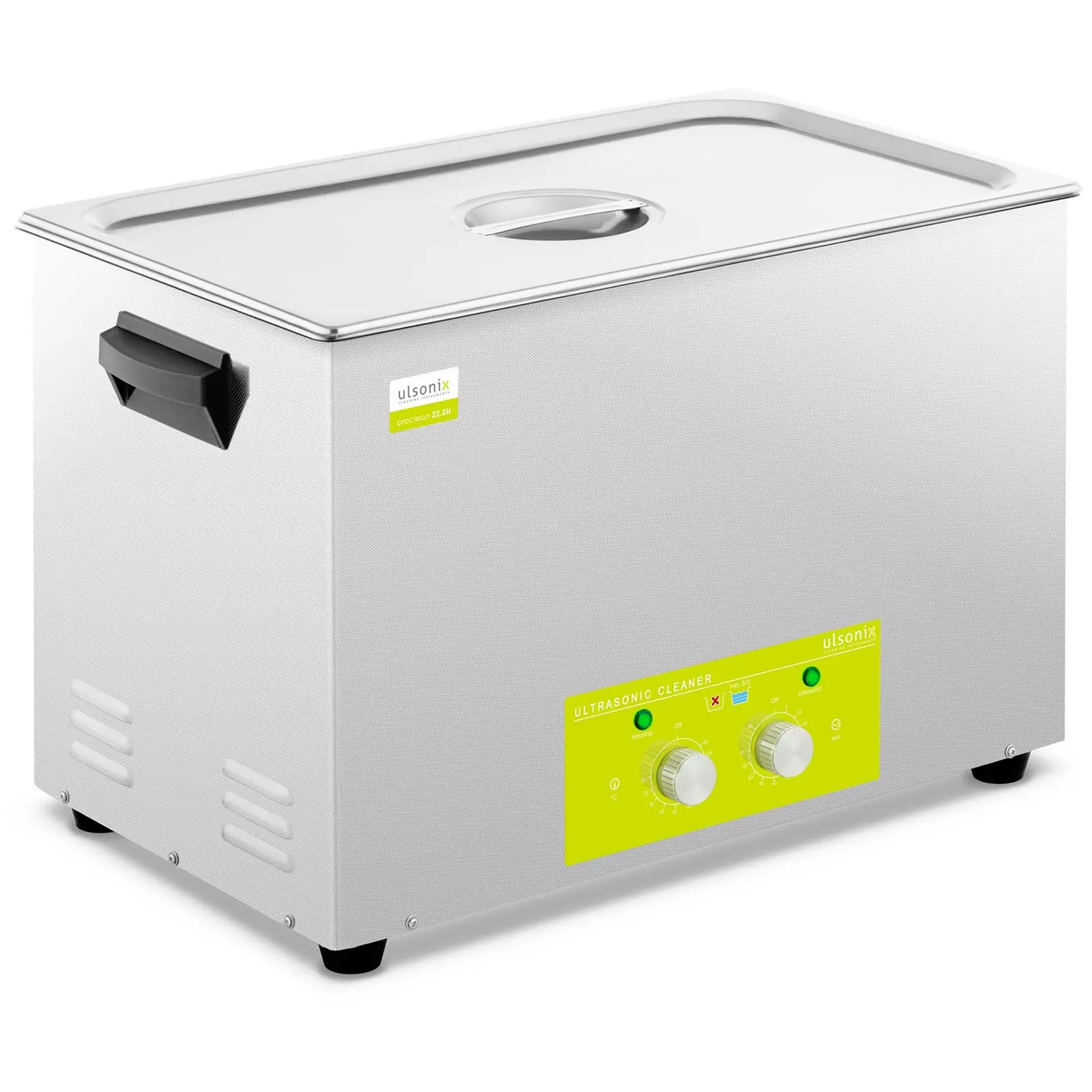
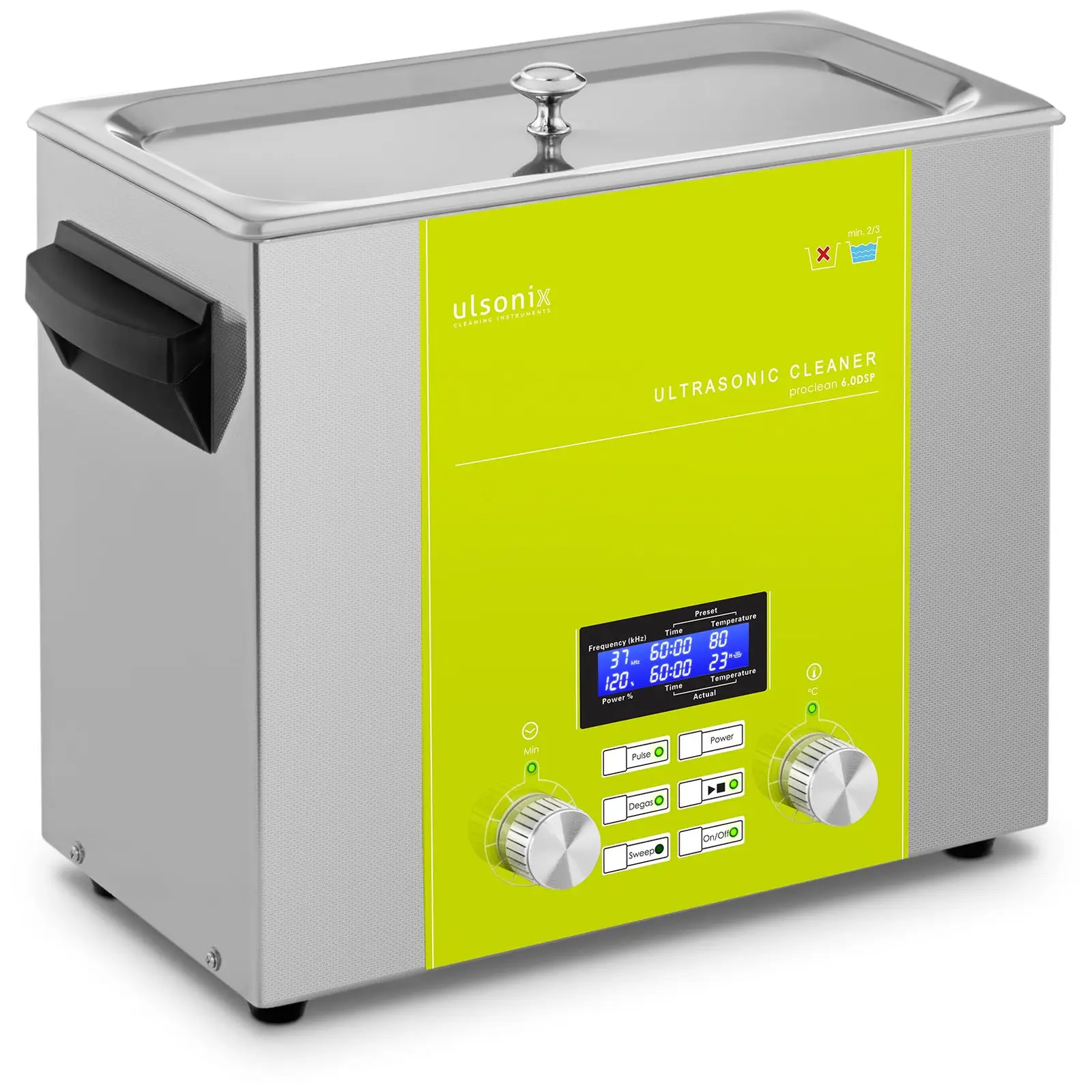

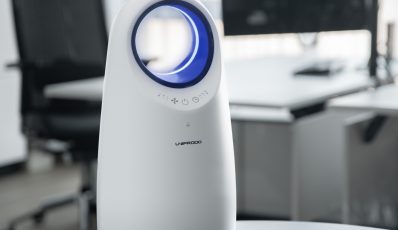
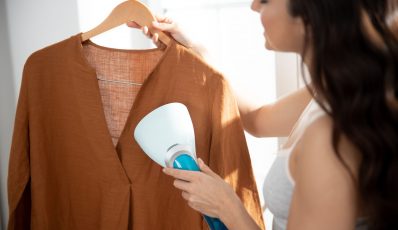

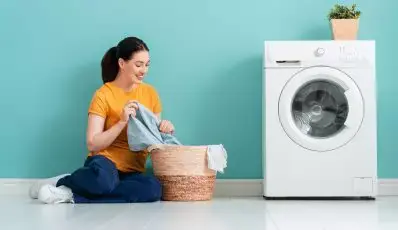

Share